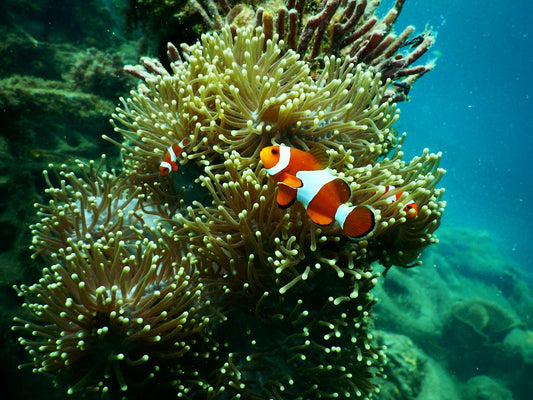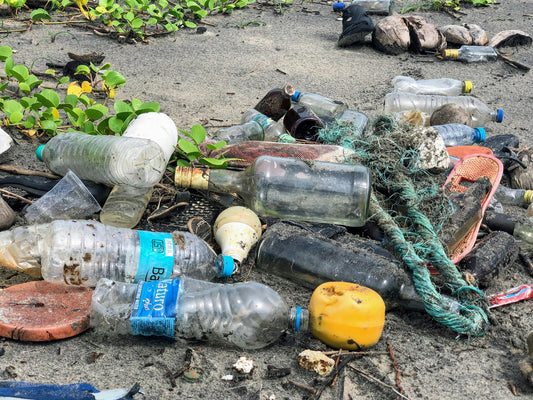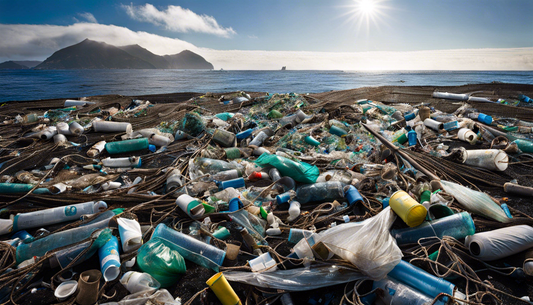Share
A new analysis emphasizes that reducing global plastic production is critical to tackling plastic pollution. Published ahead of pivotal UN treaty talks in Busan, South Korea, the research highlights the need for the world’s first legally binding treaty on plastic waste to address this pressing issue. Without action, mismanaged plastic waste could double to 121 million tonnes by 2050.
Environmental and Climate Impacts of Plastic Pollution
The study, led by Samuel Pottinger of the University of California, Berkeley, reveals that annual greenhouse gas emissions from the plastic lifecycle will rise by 37% by 2050 unless production limits are imposed. Mismanaged plastic waste poses significant health risks and environmental harm.
Four Measures to Combat Plastic Pollution
The research identifies four critical measures to mitigate plastic pollution: capping global plastic production, investing in waste management infrastructure, introducing a packaging tax, and mandating recycling. Combined, these strategies could reduce mismanaged plastic waste by 91% and cut emissions by a third by 2050.
UN Treaty Negotiations Under Pressure
The findings were released ahead of the Busan treaty talks, where countries will negotiate measures to reduce plastic pollution. The draft treaty includes the four highlighted interventions, but discussions are contentious, with some nations and industry lobbyists opposing production caps.
The Urgency of a Cap on Plastic Production
Pottinger warns that ending plastic pollution is nearly impossible without reducing production. He stresses that the treaty’s effectiveness depends on ambitious policies, particularly a production cap, to address the scale of the problem.
Bridge to Busan Commitment: A Global Push for Sustainability
Over 50 nations, including the UK, have signed the Bridge to Busan commitment, which advocates for addressing the entire lifecycle of plastic. This includes promoting sustainable production of plastic polymers to curb the escalating pollution crisis.
The Role of Packaging in Plastic Pollution
The study highlights that packaging accounts for 32% of the 547 million tonnes of plastic produced in 2020. Capping production at 2020 levels could reduce mismanaged waste significantly, from an estimated 121 million tonnes to 72 million tonnes by 2050.
We hope you enjoyed this article. Please feel free to leave a comment below if you want to engage in the discussion.
If you want to read more like this, make sure to check out our Blog and follow us on Instagram. If you are interested in truly sustainable products, check out our Shop.
Check out the original source here.








